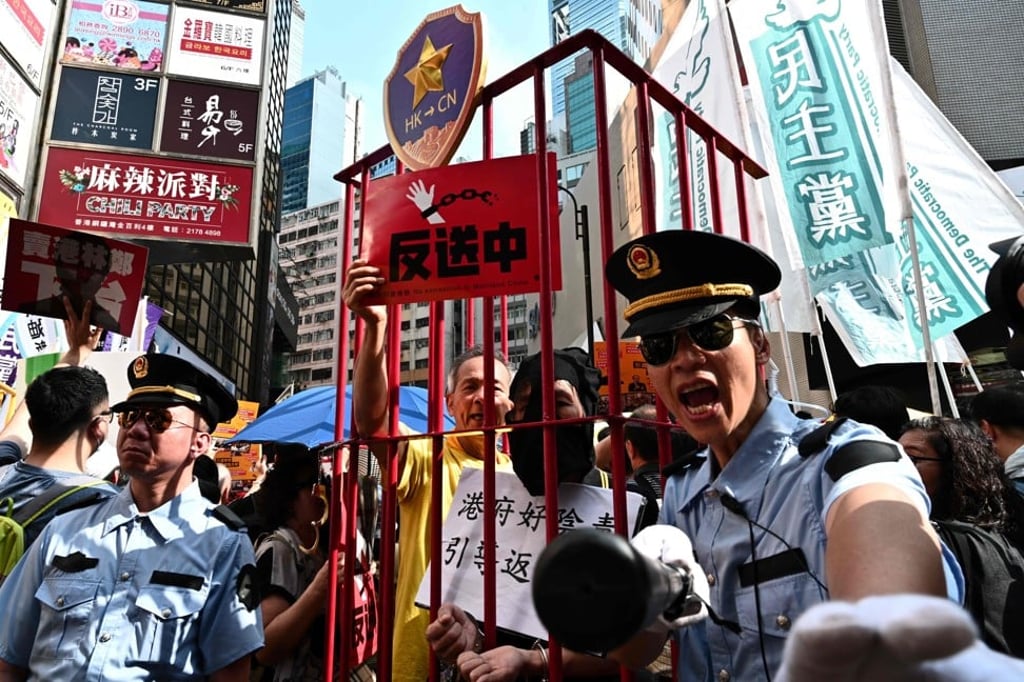Advertisement
If Beijing wants an extradition law with Hong Kong – and elsewhere – it should reform its judicial process
- Democracies across the world look at China’s judicial practices and decline extradition agreements with it
- If Beijing wants such an agreement with Hong Kong, it should deliver the judicial reforms it promised long ago
Reading Time:4 minutes
Why you can trust SCMP
0

For many decades, every democratic government in the common law world has successfully resisted efforts by the People’s Republic of China to conclude an extradition treaty. These democracies have refused to commit to forcibly delivering, for trial in China, people whom Beijing claims have violated Chinese criminal law. Australia signed an extradition treaty with Beijing, only to have its parliament reject it in 2017.
The UK, the US, Canada, New Zealand and other common law democracies have never even signed such an agreement.
This comes as no surprise to Hong Kong, which knows the Chinese mainland and its legal system better than other jurisdictions do. Even 22 years after its return to the motherland, the special administrative region (SAR) has made no extradition-type agreement with the central people’s government.
That is because the personal experiences of many Hong Kong citizens, and those of many other countries, have shown that even though 70 years have passed since the People’s Republic’s establishment and much relevant legislation has been promulgated, its criminal justice system can still not assure alleged offenders a fair trial.
Despite the Chinese system’s legendary non-transparency, its failures to meet international standards of due process are well known. Arbitrary, often lengthy, secret and incommunicado detention, widespread existence of torture and frequent denial of the effective help of defence counsel are hallmarks of the process.
Advertisement

